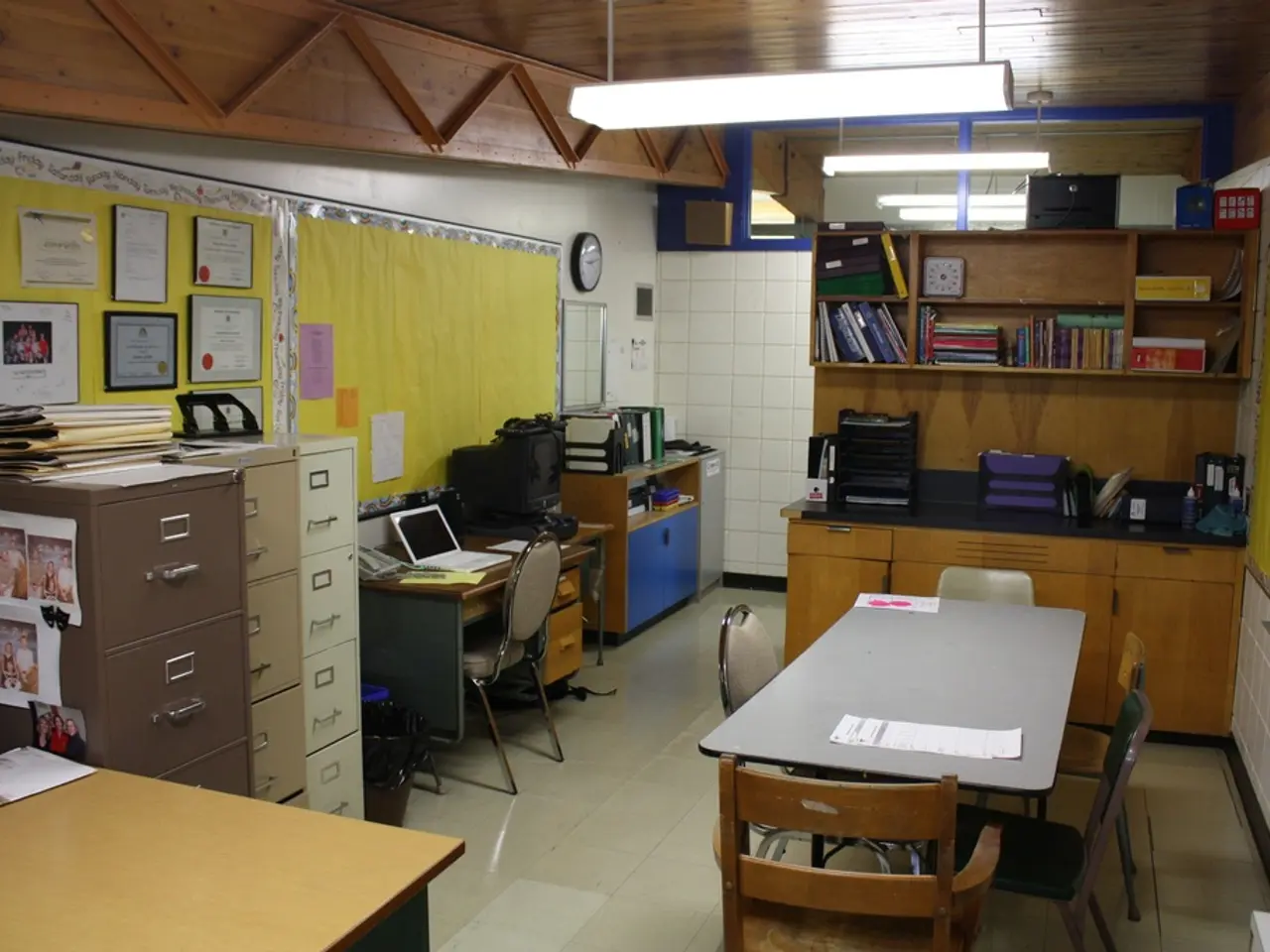Efficient Time Utilization in International Baccalaureate: 9 Practical Strategies and Methods Guaranteed to be Effective
In the demanding environment of the International Baccalaureate (IB) Diploma Programme, effective time management is crucial for students to prevent burnout, meet deadlines, and improve academic performance. Here are some strategies that IB students worldwide have found helpful.
Creating a Balanced Daily Routine
A balanced daily routine is essential for managing the rigorous workload of the IB programme. Allocate time for study (homework, Internal Assessments, Extended Essay, Theory of Knowledge), sleep (7–9 hours for optimal memory and focus), physical activity (to reduce stress and boost cognition), proper nutrition, social time, and hobbies to recharge creativity and prevent burnout[1].
Developing Good Habits Early
Developing good habits early, such as weekly planning and time-blocking, can make a significant difference. Assign dedicated time blocks to specific subjects and tasks to manage the workload effectively and reduce stress. Employ active learning techniques like frequent review and effective note-taking to deepen understanding rather than resorting to cramming[2].
Starting Long-term Projects Early
Starting long-term projects early, including the Extended Essay, CAS projects, and other major assignments, allows for drafting, feedback, and iteration rather than last-minute effort, which reduces anxiety and improves quality[3][4].
Engaging Regularly with Teachers
Regular engagement with teachers to clarify doubts and get guidance helps in better preparation and reduces last-minute panic[3].
Utilizing Digital Tools for Planning and Organization
IB students use a variety of digital tools to plan and organize their work. Google Calendar is used to schedule time blocks, reminders, and deadlines. Notion is a tool used to track tasks, set study goals, and visualize Internal Assessment (IA) progress. Trello is used to organize coursework and projects with cards and deadlines[5].
Maintaining a Diverse and Balanced Lifestyle
IB success is not only academic but also about emotional resilience. Physical exercise, social interactions, and hobbies contribute to sustained motivation and prevent mental fatigue[1][4].
By implementing these strategies, IB students can support steady progress, meet deadlines without stress, and enhance overall academic performance while protecting mental and physical well-being in the demanding IB environment.
In the pursuit of personal growth and effective self-development within the International Baccalaureate (IB) Diploma Programme, students engage in various strategies to strike a balance between studying and self-care. Creating a daily routine that includes time for learning, rest, physical activity, and hobbies is essential for managing the programme's rigorous workload and preventing burnout. Additionally, by developing good study habits like weekly planning, time-blocking, and active learning techniques, students can improve their academic performance, stress levels, and ability to deepen their understanding of the subjects.




